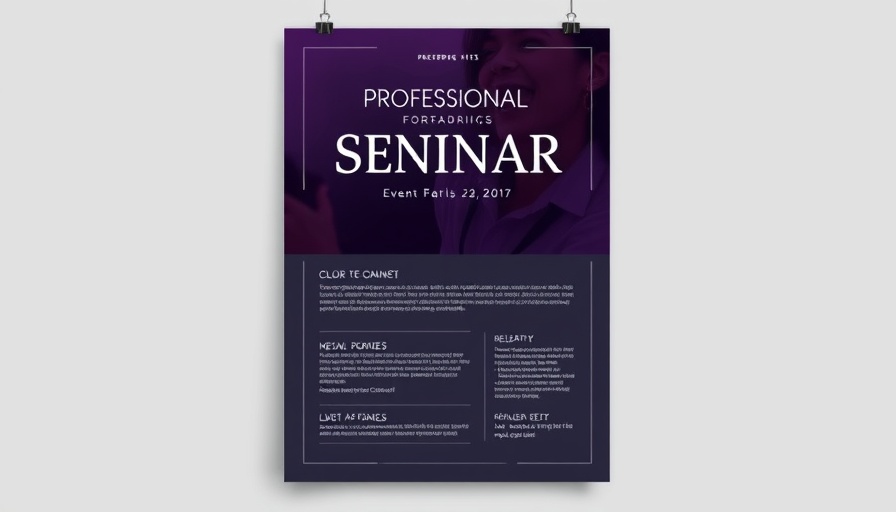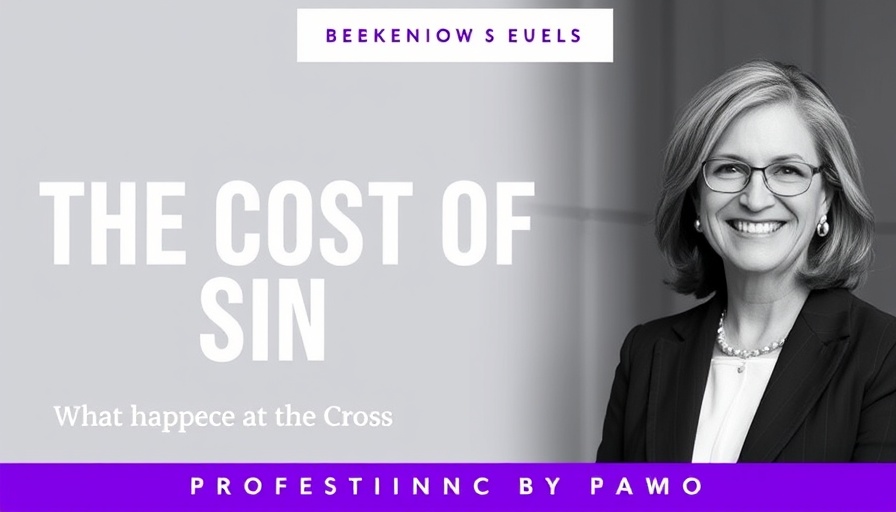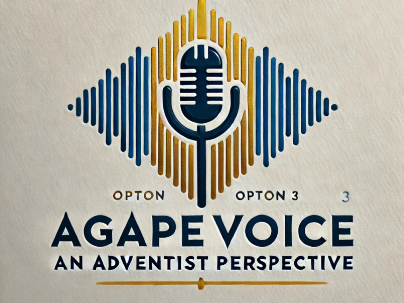
Healing from Control: The Journey Beyond Deconstruction
For many individuals leaving high-control religious environments, the journey of deconstruction is both painful and liberating. Jody Washburn's narrative highlights not just the emotional toll of leaving behind a rigid belief system, but the transformative healing that can follow. The Adventist faith community, traditionally marked by its strong doctrines and community ties, faces a growing number of members re-evaluating their beliefs and the pressures associated with them.
Understanding High-Control Religions
High-control religions often utilize strict doctrines, community conformity, and authoritarian leadership to maintain influence over their followers. Such environments can create a culture where questioning and dissent are discouraged, leading individuals to feel trapped. For many in the Seventh-day Adventist (SDA) church, this has resulted in a number of members grappling with significant disorientation as they navigate their faith journeys carrying the weight of guilt and confusion.
Common Myths and Misconceptions
There are prevalent misconceptions about individuals who choose to leave high-control religions. They are sometimes framed as lackluster in their faith or lacking grounding—instead, their departure often demonstrates a deep desire for authenticity and personal connection with spirituality. Many learners of this journey feel that while leaving is necessary, it does not negate their previous experiences; rather, it enriches their pursuit of meaning.
The Value of Community in Healing
As individuals embark on the path of healing after deconstruction, the importance of community cannot be overstated. Forms of support ranging from counseling and support groups to reconnecting with spiritual practices in constructive ways become instrumental. For the SDA community, creating an inclusive space for those transitioning can foster understanding and growth for both individuals and the church as a whole.
Practical Insights for Navigating Spiritual Identity
Those navigating the complexities of faith transitions can benefit from actionable strategies, including:
- Reflect on Personal Beliefs: Take time to journal feelings and beliefs to identify values that resonate.
- Engage in Open Dialogue: Discuss experiences with trusted individuals to build understanding and form new perspectives.
- Create New Rituals: Replace old practices with new ones that enhance spiritual connection without old burdens.
These simple yet effective strategies can aid many in reconciling their past with their evolving belief systems.
Future Directions for Adventist Community
As awareness grows around the issues of high-control religions, organizations within the SDA community have the opportunity to re-evaluate their positions and structures. Embracing inclusivity and understanding can facilitate a more robust community that values diverse spiritual journeys, thereby fostering healing and cohesion rather than division.
Concluding Thoughts: Finding Wholeness
As individuals like Jody Washburn share their stories, the space for healing and wholeness post-deconstruction broadens. The value found in understanding one’s personal faith journey offers not only solace to those affected but also paves the way for healthier church environments that can embrace change positively.
If you or someone you know is going through a similar journey, reach out for support within your community or seek online resources tailored to those affected by high-control dynamics.
 Add Row
Add Row  Add
Add 




 Add Row
Add Row  Add
Add 


Write A Comment